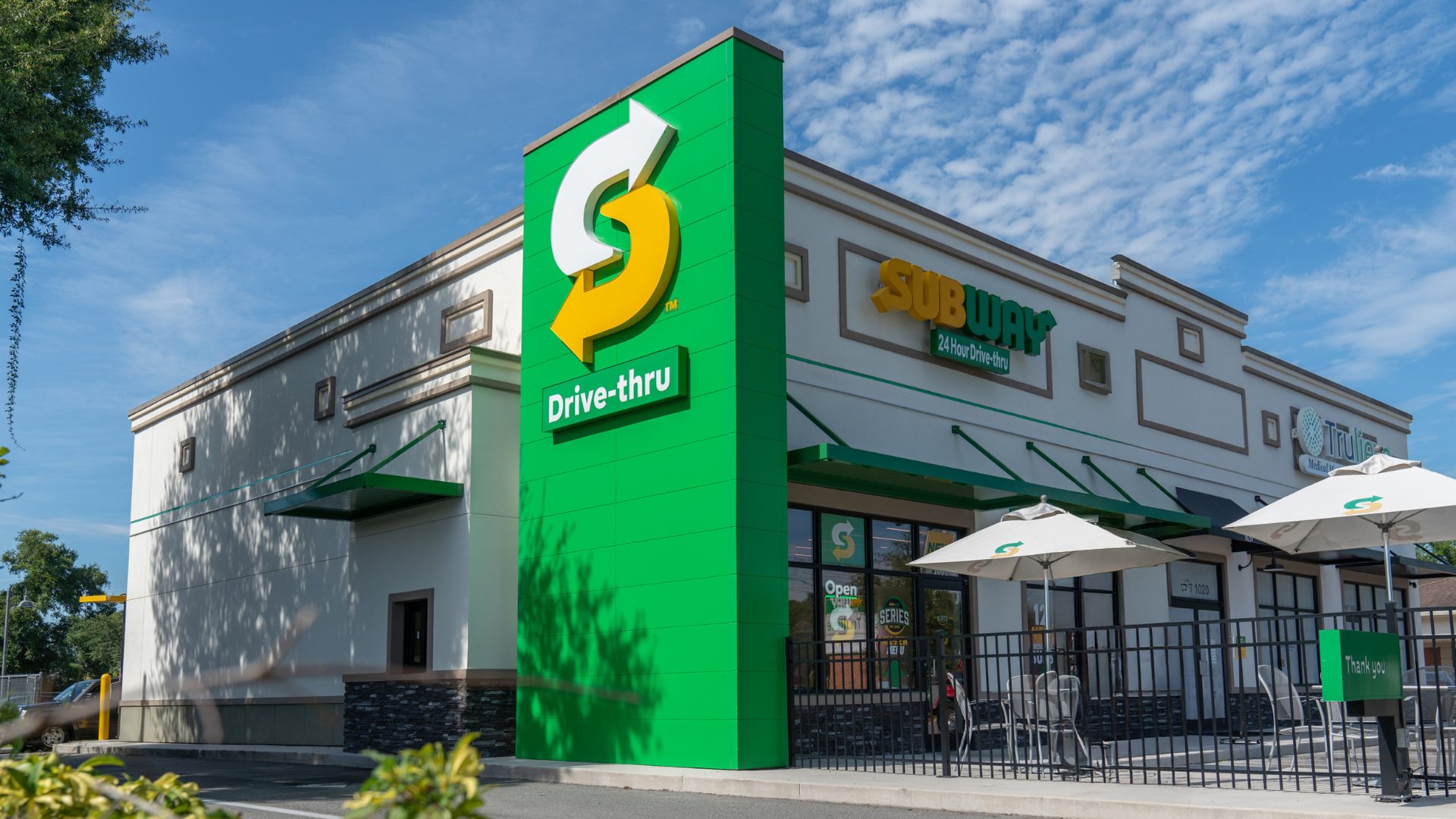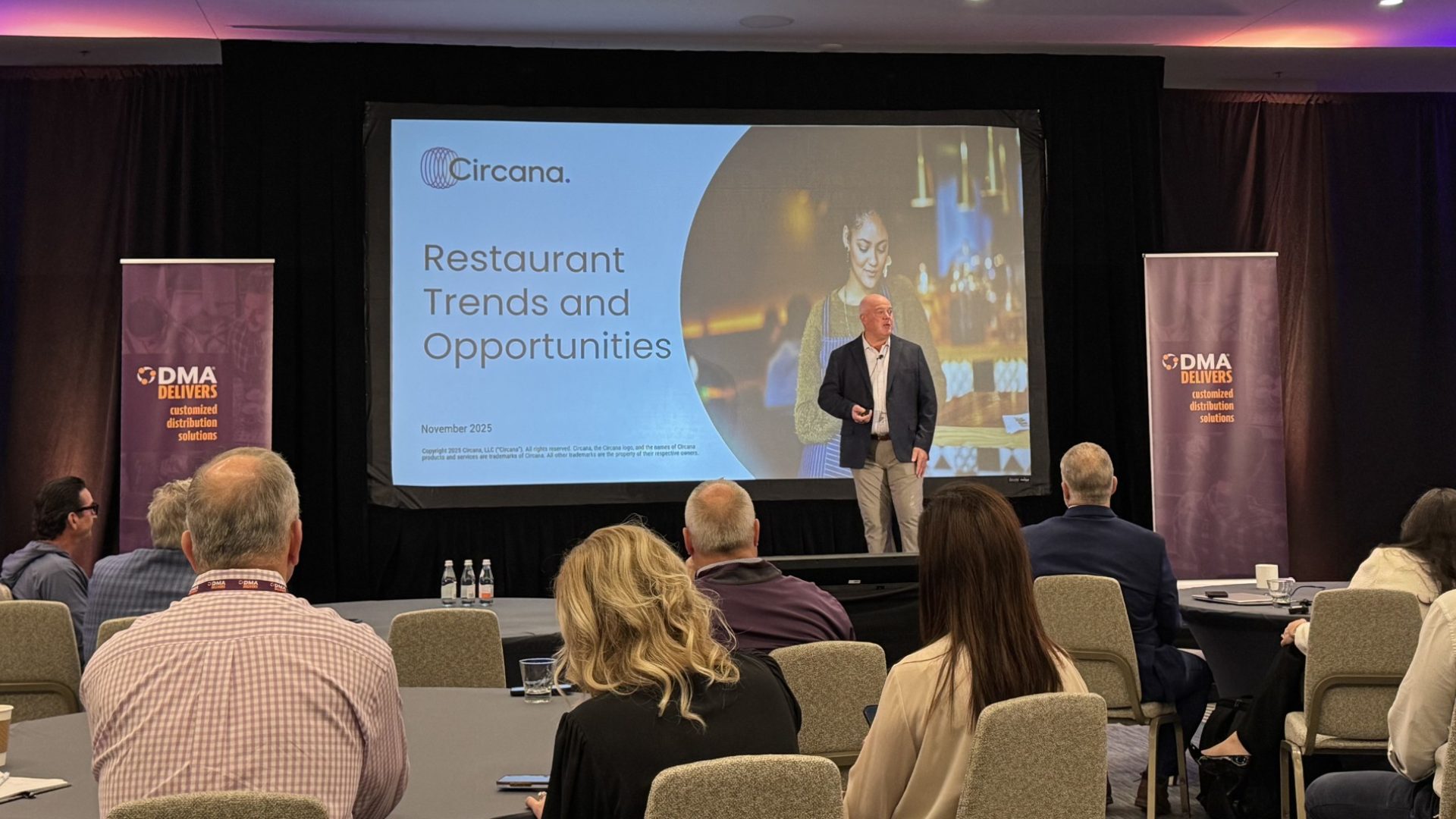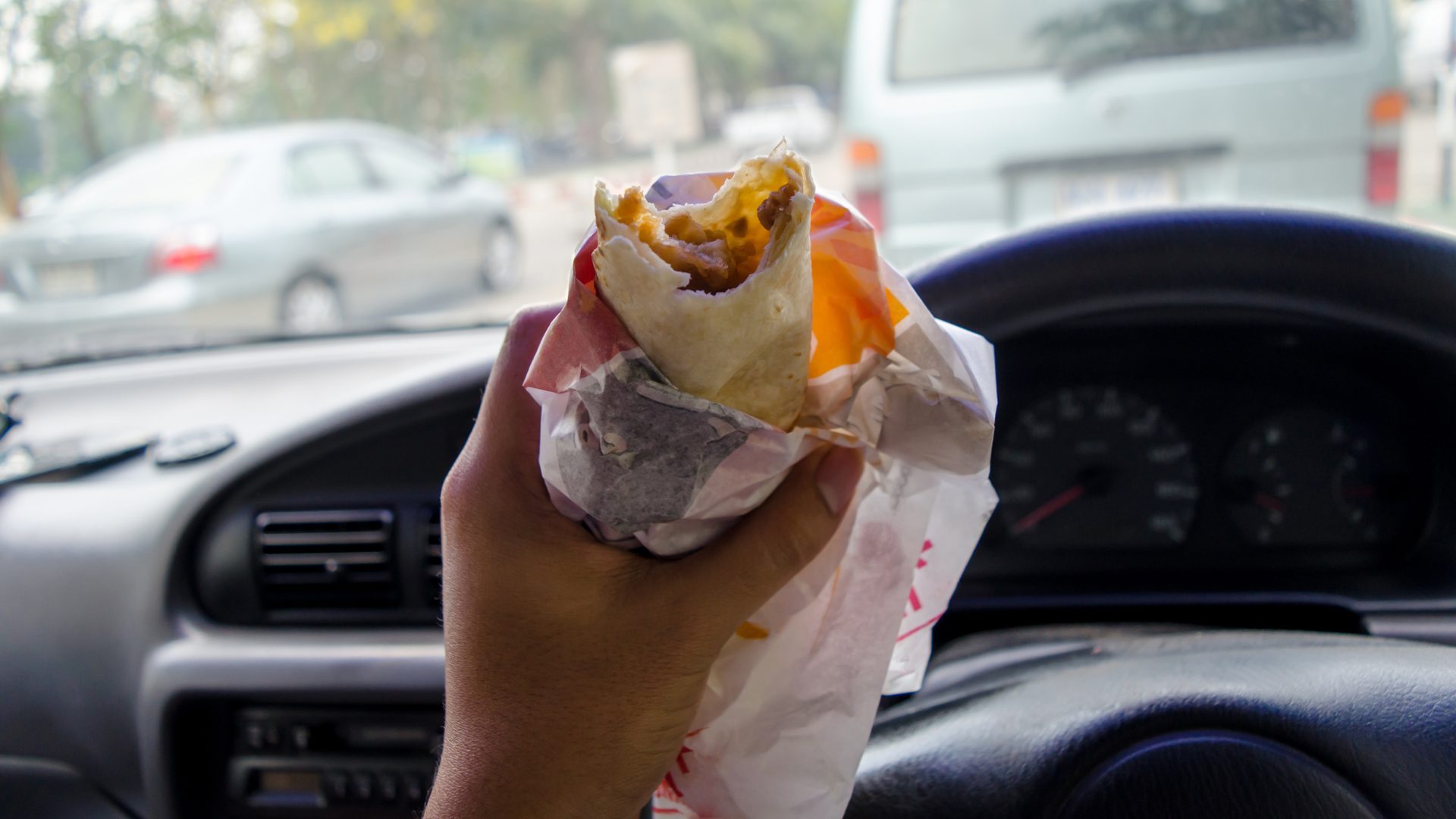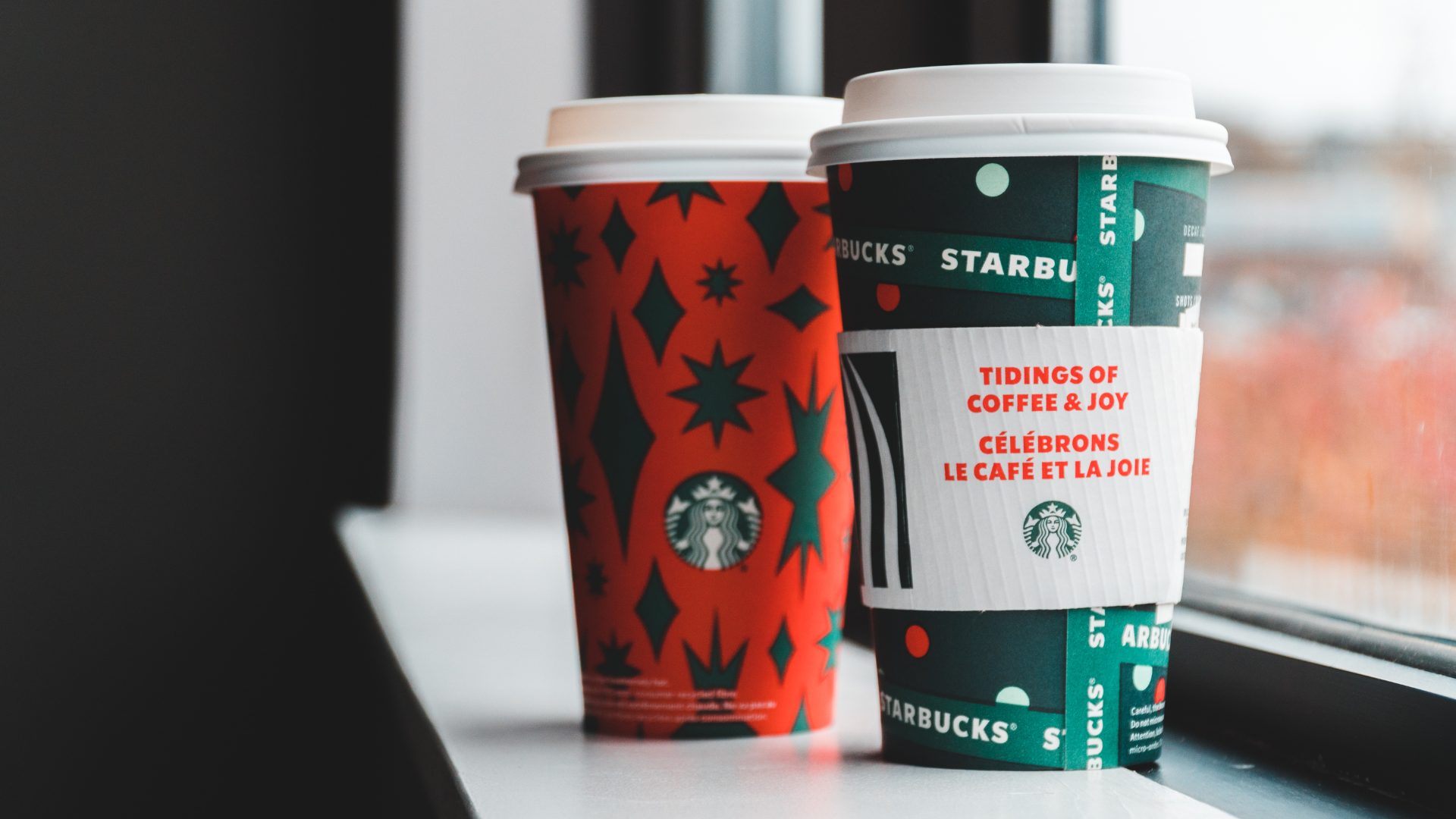Instead of spurring investment and ordering new U.S. factories built, CEOs wary of President Donald Trump’s tariffs and cuts to government spending apparently have started pulling back, cutting costs wherever possible.
The on-again, off-again tariffs have caused turmoil in boardrooms and on the stock market, raising the specter of recession, inflation and empty store shelves. At first, the president shrugged off the warnings, but in recent days, after input from mega-donors and CEOs, he has indicated he might alter course.
Nonetheless, Starbucks CEO Brian Niccol, after laying off more than 1,000 employees, is trying to streamline operations, cutting back on “overly complex” menu offerings. Boeing CEO Kelly Ortberg has told executives to save money by flying commercial instead of going by private jet. Providence Health & Service CEO Erik Wexler said hiring restrictions have been imposed and sports sponsorships cut as the company also sues insurers for slow-walking reimbursements.
And there are more. From railroads to consumer goods manufacturers, companies are taking steps to improve their financial positions, just in case.
“We came out of the election, there was a surge in business confidence. Our discussions and the tenor of our discussions with our clients was improving, and so we were quite optimistic,” The Wall Street Journal reported Robert Half CEO M. Keith Waddell told investors. “And that changed.”
Other companies taking action:
- Dow is delaying construction of a new chemical plant
- Boston Scientific is cutting discretionary spending
- Norfolk Southern is examining consultant fees
- Procter & Gamble is looking for ways to soften the impact of tariffs
Norfolk Southern CEO Mark George told investors and analysts the key is to “control the controllables,” the Journal said.
Trump imposed 145% tariffs on some Chinese goods in early April, triggering an estimated 60% drop in cargo shipments, Bloomberg reported. Walmart and Target are among the retailers who warned Trump of the likelihood of higher prices and empty shelves, leading Trump to admit Chinese tariffs likely would come down substantially. Automotive industry groups warned the tariffs could cripple U.S. vehicle production, leading to plans to exempt car parts.
Apollo Management’s Torsten Slok has predicted the tariffs’ impact will be felt not only at the retail level, but throughout the economy. The global freight industry moved to reduce capacity in the face of expected lower demand. The result could mean bottlenecks at ports if the situation changes.
Retailers are in limbo as they try to prepare for the back-to-school and holiday seasons.
Xeneta reported air cargo shipments to the U.S. are down 50% from December, and were back to pre-pandemic levels as of March 9 but then surged 20% two weeks later as Trump softened his rhetoric.
James Caulfield, PepsiCo’s chief financial officer, said in an earnings call the soft-drink maker is actively taking steps to mitigate the effects of the tariffs.
“Some of those we’ll be able to execute more quickly. Some of those will take more time to execute,” Caulfield said.
Company CEO Ramon Laguarta added in an earnings release: “As we look ahead, we expect more volatility and uncertainty, particularly related to global trade developments, which we expect will increase our supply chain costs.
“At the same time, consumer conditions in many markets remain subdued and similarly have an uncertain outlook.”
The Food Institute Podcast
This Episode is Sponsored by: RSM
It’s tariff time, and companies the world over are working to better understand how their operations will be impacted. Jodi Ader from RSM US LLP joined The Food Institute Podcast to discuss which products and inputs are currently subject to tariffs, and how to best mitigate supply chain risks.












